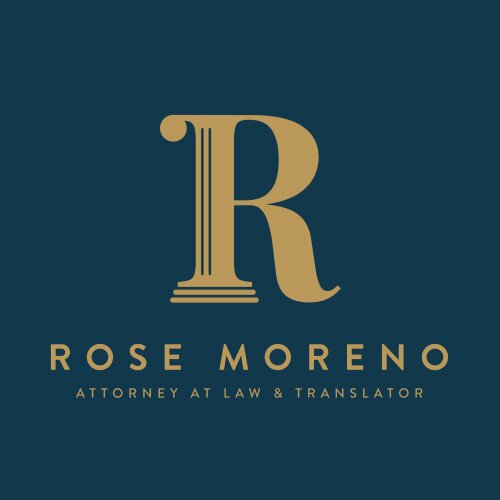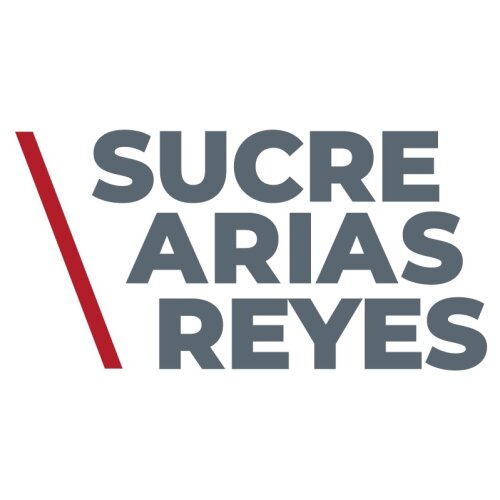Best Will & Testament Lawyers in Panama City
Share your needs with us, get contacted by law firms.
Free. Takes 2 min.
List of the best lawyers in Panama City, Panama
About Will & Testament Law in Panama City, Panama
In Panama City, Panama, Will & Testament laws allow individuals, known as testators, to legally document how they wish to distribute their estate and possessions after their death. The two main types of wills recognized by Panamanian law are open and closed wills. An open will is prepared in the presence of a notary, signed by the testator and the witnesses. On the other hand, a closed will is a secret document that only the testator knows its content, which is handed over to a notary in a sealed envelope.
Why You May Need a Lawyer
You might require legal support in matters concerning Will & Testament in several situations. These can include drafting a will, ensuring that all legal guidelines are adhered to, making adjustments to an existing will, sorting out disputes among beneficiaries, and managing the legal process if the deceased did not leave a will. Furthermore, availing professional legal assistance can ensure that all documentation is prepared effectively to minimize potential disputes.
Local Laws Overview
In Panama City, the laws governing Wills & Testaments require that the testator must be above 18 and be of sound mind at the time the will is signed. The document must also comply with specific formalities concerning language, witnessing, and notarization for it to be considered valid. Importantly, Panamanian law uses the 'forced heirship' structure, implying that certain portions of the estate must go towards certain family members barring some specific exceptions.
Frequently Asked Questions
1. Can I name an executor in my will?
Yes, Panamanian law allows you to appoint an executor in your will who will be responsible for carrying out your wishes as stipulated in your will.
2. Can I revoke or change my will?
Absolutely, as long as you are of sound mind, you can revise or revoke your will at any time.
3. Is my foreign will recognized in Panama?
Yes, Panama recognizes foreign wills, but it is often easier to administer an estate if there is a Panamanian will especially for assets located in Panama.
4. Can a will be contested in Panama?
Yes, under specific circumstances, such as if it can be proved that the testator was not of sound mind or if the will doesn't respect the forced heirship structure, a will can be contested.
5. Do I have to leave part of my estate to certain relatives?
Yes, under the Panamanian law of the 'forced heirship', certain portions of the testator's property, commonly half of it, are reserved for specific close relatives, such as children and spouses.
Additional Resources
The National Directorate of Public Registry of Panama can be a useful resource for obtaining information related to estates and wills in Panama. Furthermore, local law firms specializing in estate law often provide valuable insights on their blogs and resource pages.
Next Steps
If you require assistance drafting a will, consider consulting a legal expert specializing in Panamanian estate law. Gather all necessary documents, including an inventory of your assets and a list of potential beneficiaries. Then, meet the lawyer to discuss your wishes, and they can guide you through the process of drafting a will compliant with local Panamanian law.
Lawzana helps you find the best lawyers and law firms in Panama City through a curated and pre-screened list of qualified legal professionals. Our platform offers rankings and detailed profiles of attorneys and law firms, allowing you to compare based on practice areas, including Will & Testament, experience, and client feedback.
Each profile includes a description of the firm's areas of practice, client reviews, team members and partners, year of establishment, spoken languages, office locations, contact information, social media presence, and any published articles or resources. Most firms on our platform speak English and are experienced in both local and international legal matters.
Get a quote from top-rated law firms in Panama City, Panama — quickly, securely, and without unnecessary hassle.
Disclaimer:
The information provided on this page is for general informational purposes only and does not constitute legal advice. While we strive to ensure the accuracy and relevance of the content, legal information may change over time, and interpretations of the law can vary. You should always consult with a qualified legal professional for advice specific to your situation.
We disclaim all liability for actions taken or not taken based on the content of this page. If you believe any information is incorrect or outdated, please contact us, and we will review and update it where appropriate.










